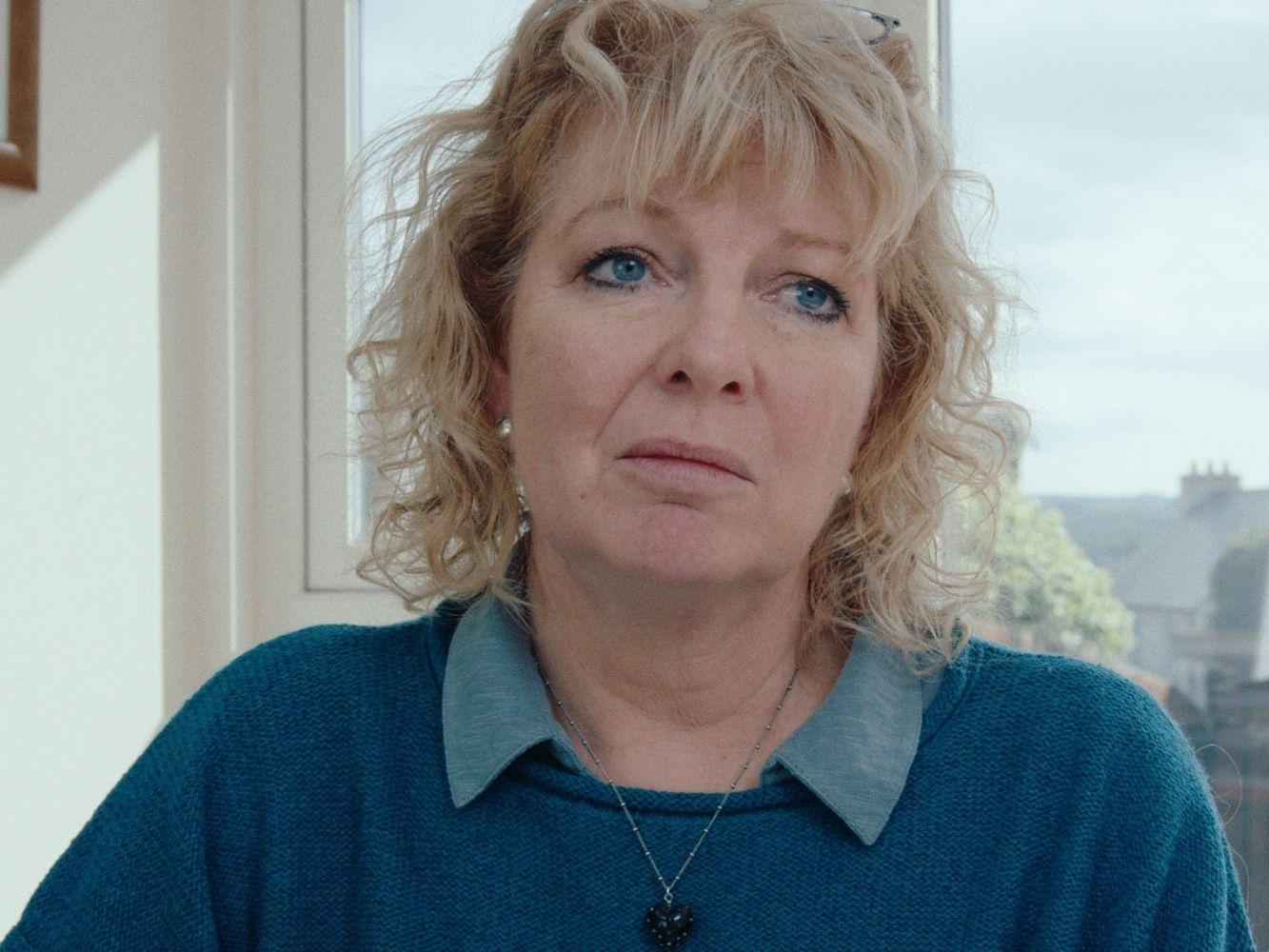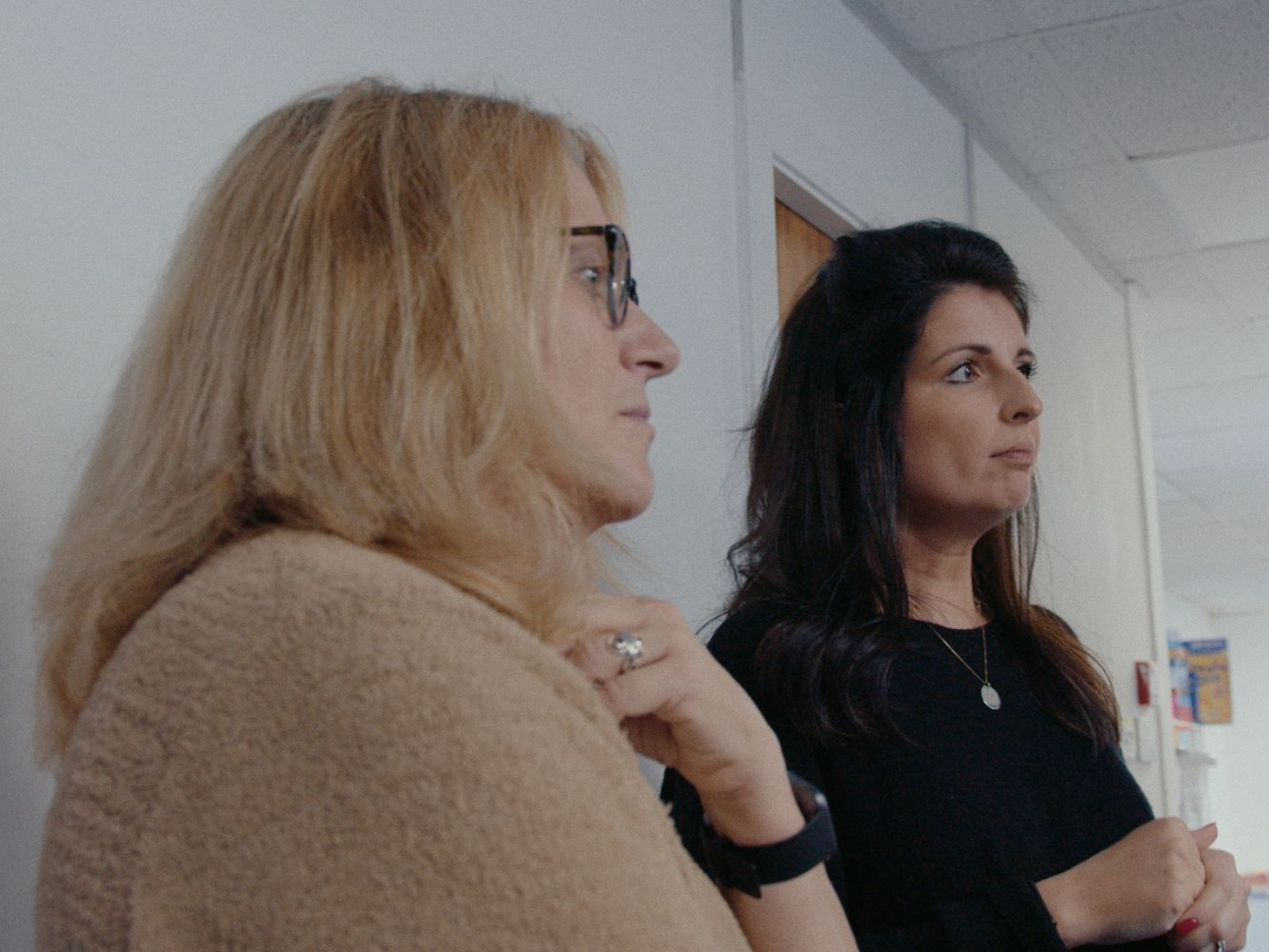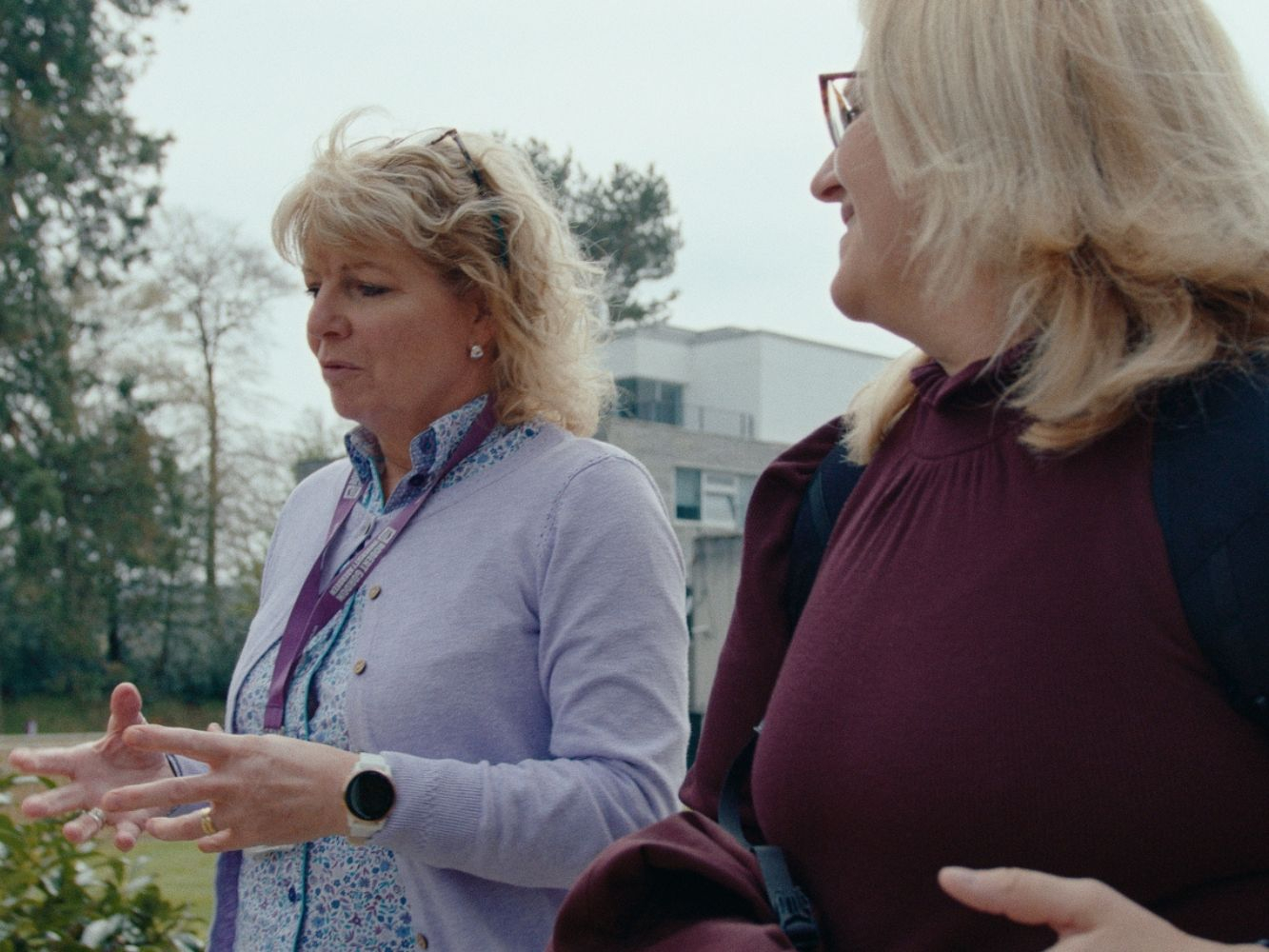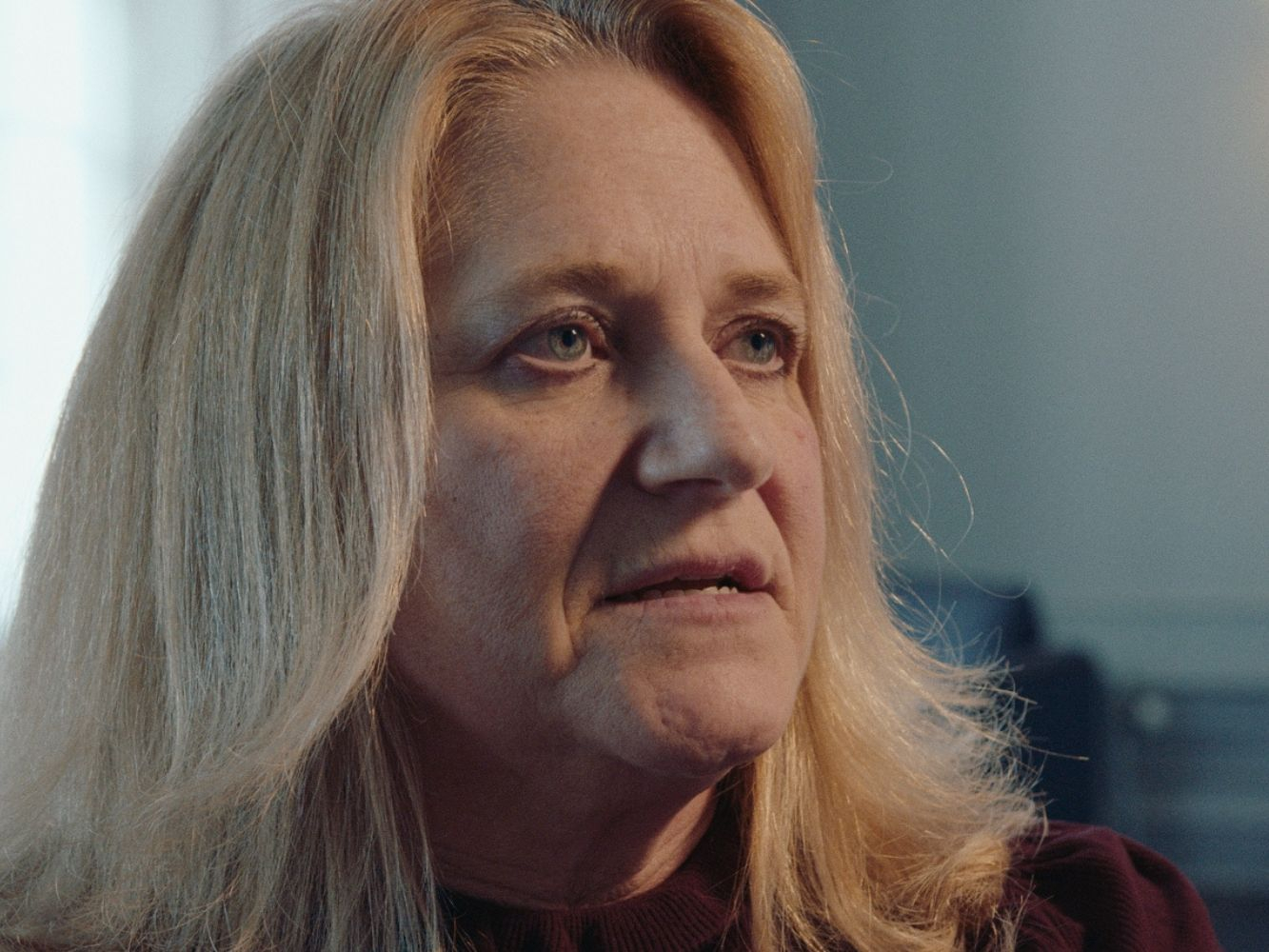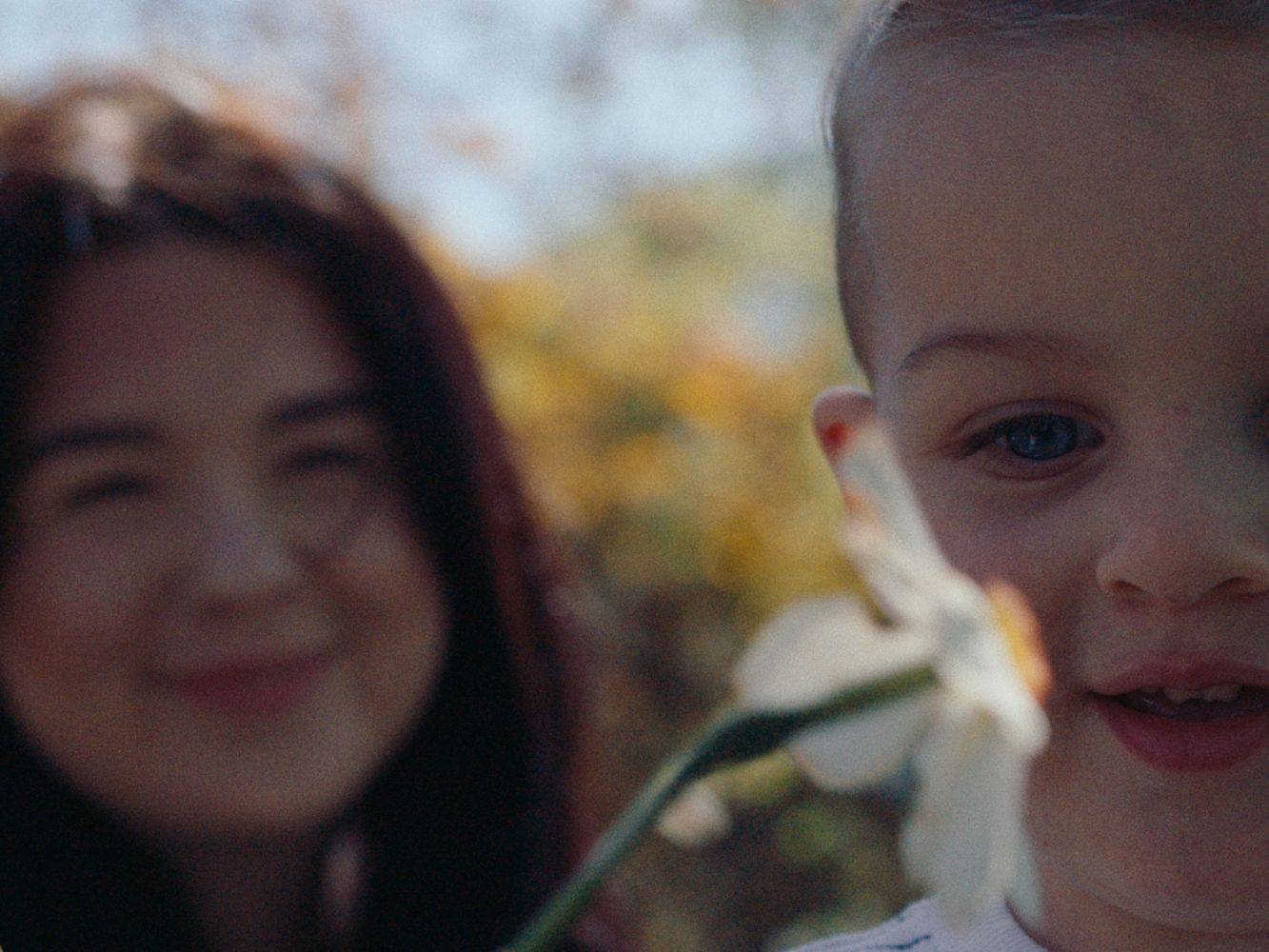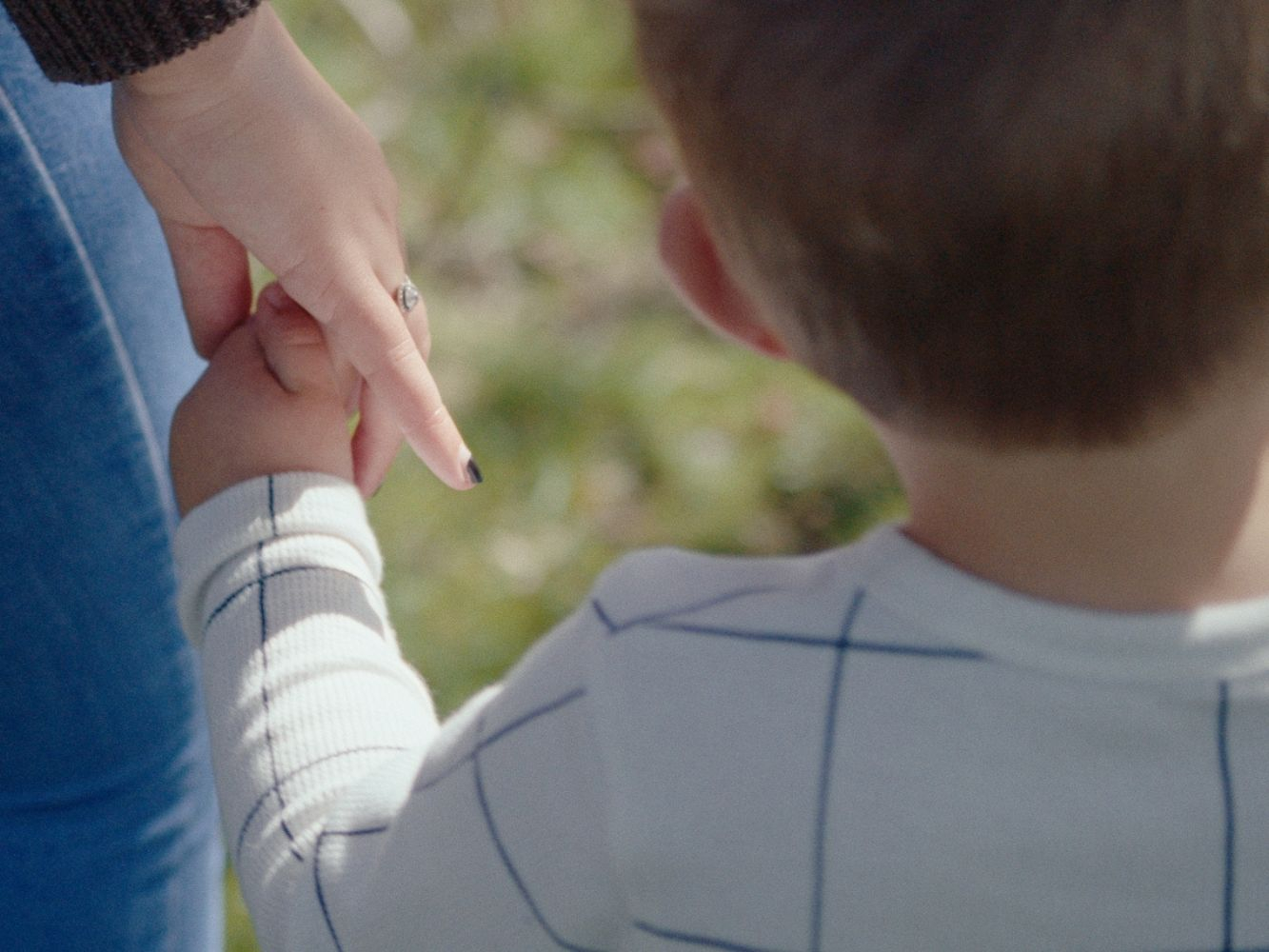Research Revealed, S01E03: Left Hungry
Left Hungry: Understanding Maternal and Infant Food Insecurity Amongst Young Mothers in the UK
The third episode of Research Revealed explores the hidden nature of maternal and infant food insecurity amongst young mothers in the North East and across the UK.
Previously, Episode one highlighted RGU’s School of Pharmacy and Life Sciences, focusing on a research project that aims to tackle the global issue of a lack of safe, reliable drinking water. In it, lead researchers discuss the intricacies of the project, who's involved and how natural, existing material could be key to helping millions of people.
For Episode two, researchers from Gray's School of Art and the School of Applied Social Studies explored the impact that Brexit and lockdowns have had on people in the UK. Represented visually through art, it provides a powerful insight into the emotional wellbeing of EU citizens in modern day UK and Europe.
Now, the camera focuses on the School of Nursing, Midwifery & Paramedic Practice as we look into a research project related to understanding and improving child poverty in the North East and beyond.
Lone parents with children under five are amongst the most food insecure in the UK. Yet maternal and infant food insecurity experience remains poorly understood. Drawing on findings from qualitative research conducted with parents of infants and young children, and early years health professionals, Professor in Public Health, Flora Douglas, has worked with communities in the North East and sought to find out more about the hidden nature of poverty and food insecurity amongst young mothers.
The research, funded by NHS Grampian and the NHS Grampian Charity, aimed to assess the impact policies such as the Child Poverty (Scotland) Act 2017 and to explore the experiences of parents from low-income households with babies and infants, particularly mothers. It highlights worrying levels of poverty driven food insecurity, that is largely hidden and poorly understood.
This episode of Research Revealed includes Professor Flora Douglas, Public Health Researcher at RGU's School of Nursing, Midwifery & Paramedic Practice; Dr Lesley Frank, Research Chair in Food, Health and Social Justice, Acadia University; Danielle Flecher-Horn, Founder, AberNecessities; and Laila, a mother who also volunteers at AberNecessities.
Taking a closer look at the research project, Professor Flora Douglas explains more: “Working in partnership with health professionals and a food pantry network in the North East, we carried out two interview studies between 2020 and 2022.
“The first study involved 22 pregnant women and mothers with at least one child under five who generously shared their experiences. The second study involved interviews with 18 midwives, health visitors and family nurse partners who offered their expertise from the frontline. Almost all participants were claiming Universal Credit and lived in the multiply deprived postcode areas within Aberdeen City.
“Our research reveals the difficulties many parents on low incomes experience, and the shame and embarrassment many are experiencing in admitting hardship. There’s a stigma in asking health professionals for help with many low-income parents being too scared that their children could be referred to social services and taken into care if they ask for help. Others feared that asking for help, could exacerbate often existing abusive partnership relationships.
“Our research also showed a lack of confidence amongst health professionals, about how best to speak to parents about their financial well-being with many aware that mothers often wanted to ‘hide’ their poverty from them. They recognised that this was a problem but reported a lack of time and knowledge to do so effectively. They also highlighted that young mothers were particularly vulnerable to the financial exploitation of local money lenders.
“Concerns about food insecurity and the nutritional quality of the food have been commonly reported in previous food poverty studies, however what’s alarming now is that the admissions of living with debt are featuring more prominently compared to previous studies. The situation of food insecurity has gotten far worse since the Covid pandemic and there needs to be a real urgency to tackle the problems.
“We found that parents are using careful budgeting to make ends meet and going without food and other personal expenditures as a way of coping. Many are relying on charity or extended family for help with feeding and have insufficient income to cover the costs of living, council tax and other debt associated with overpayment of benefits. Unfortunately, it has become ‘normalised’ for mothers on low incomes to go without food and to sacrifice basics in life, to support their children.
“Families with very young children are the most insecure, particularly women whose incomes are not keeping up with the cost of infant formulae and other basic food supplies, even with the support of benefits. Food insecurity is hiding in plain sight and society is not paying enough attention to how bad the situation really is and how policies are tackling the problem.
“Another worrying trend is that rising food insecurity is making it harder for some women to breastfeed, and for some families to afford to formula feed. It may also be affecting the diets of pregnant women and young children; especially as healthy foods are generally more expensive than unhealthy foods.
“What’s more alarming is that between March 2021 and November 2022, the most widely available and purchased infant formulas increased in cost by 15-23% and the cheapest and only ‘own-brand’ infant formula (Aldi’s Mamia) increased by 33%. There are also no infant formulas affordable with the Health Start Allowance.
“As mothers continue to remain responsible for infant feeding (either as food producers themselves or through infant formula procurement from commercial sources) there is an urgent need to develop a better understanding of the nature and extent of maternal and infant food security in the UK to develop more effective public policy and health care practice. We need to explore further the extent of maternal food insecurity and to find out how this is impacting the health of pregnant, postpartum women and infant food security."
RGU’s research is focused on making a positive impact on the world by applying collaborative interdisciplinary research expertise to improve quality of life, deliver innovative solutions for business and industry, and contribute towards global sustainability.
Its research strategy is focused on growing the quality and impact of its research excellence around four key themes - inclusive and creative societies; the environment, energy and sustainability; health and wellbeing; and living in a digital world.
If you’re an academic at RGU and keen to be featured going forward, please email the comms team at newsdesk@rgu.ac.uk.

